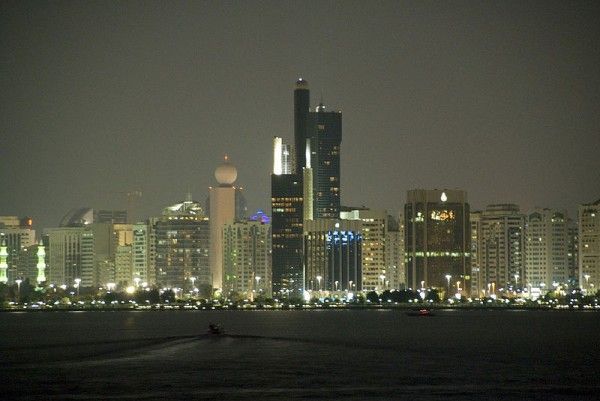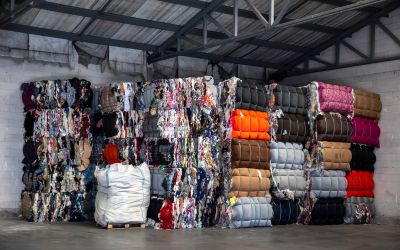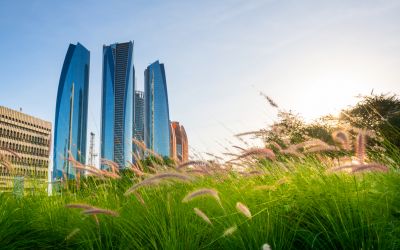UAE-based company meets global Verified Carbon Standard criteria
An Abu Dhabi energy project has received Carbon Credits to support it's funding as it became the first UAE-based company to meet global Verified Carbon Standard criteria.

An Abu Dhabi energy project has received Carbon Credits to support it's funding as it became the first UAE-based company to meet global Verified Carbon Standard criteria.
Emirates CMS Power Company (ECPC), a combined cycle power and desalination plant operating in Al Taweelah wholly-owned by the Abu Dhabi Water and Electricity Authority, has received 36,436 VCUs to date in certificates to sell on the open market.
VCS issues credits relating to the greenhouse gas (GHG) emissions reduction achieved by the project. These credits - known as Verified Carbon Units or VCUs - may then be sold on the carbon market to companies who wish to reduce their carbon footprint.
The project recovers heat to generate low-pressure steam using heat re-claimer coils to achieve significant GHG emissions reduction.
The power plant includes gas turbines, heat recovery steam generators and steam turbines, with water production achieved from four distillers fired by waste heat from the gas turbines. Supplemental gas firing within the plant also allows up to 100 per cent of water production capacity to be achieved while operating at power production levels as low as 30 per cent.
Benefits of implementing the project have been reduced thermal discharge into the atmosphere, efficient use of waste heat for steam generation and desalination, and a reduction in CO2 emissions from fossil fuel combustion. The increase in plant efficiency is also helping to reduce the environmental footprint of power and water production.
The project will also contribute to sustainable development in Abu Dhabi through conserving fossil fuel and the introduction of new practices and technology.
While the reduced combustion of fossil fuels will lower local air pollution levels, which is expected to improve the area's living conditions, the project is also expected to encourage other organisations to implement similar projects at their facilities to reduce their own consumption of natural resources and environmental footprint.



